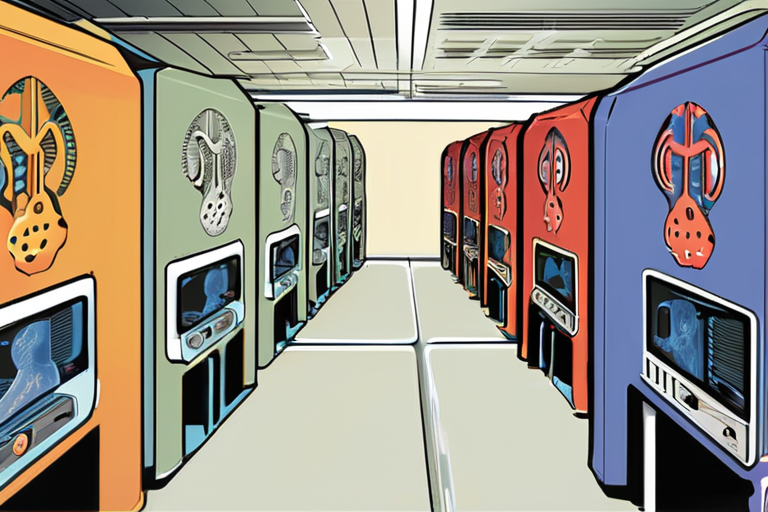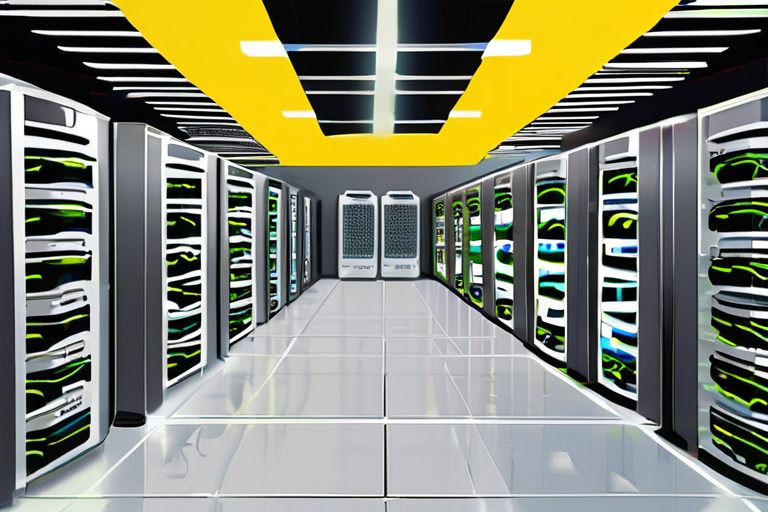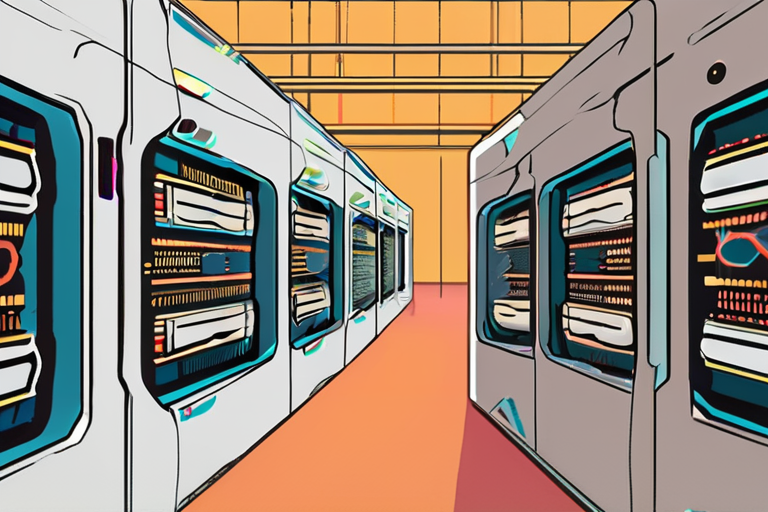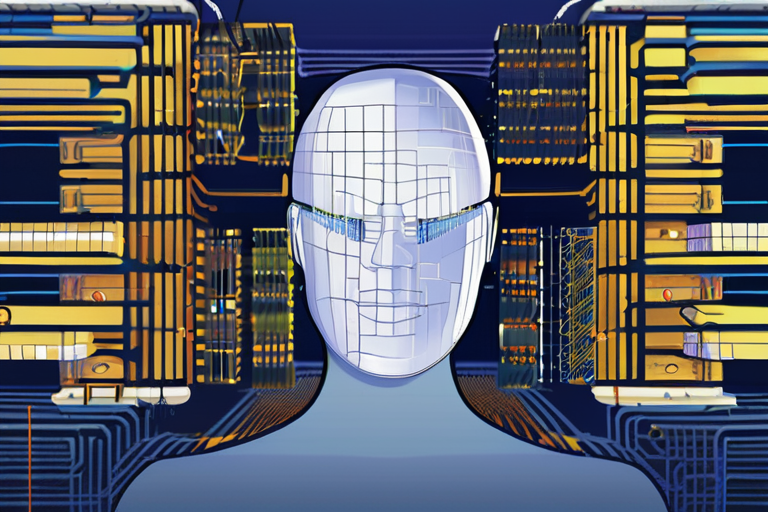

Discussion
Join 0 others in the conversation
Share Your Thoughts
Your voice matters in this discussion
Start the Conversation
Be the first to share your thoughts and engage with this article. Your perspective matters!
More Stories
Discover articles from our community

NVIDIA Commits Up to $100 Billion to Power 10 Gigawatts of AI Data Centers
 Hoppi
Hoppi

AI's Energy Gap: Who Will Power the Future?
 Hoppi
Hoppi

Huawei Unveils Ambitious Plan to Harness Thousands of AI Chips as One Giant Brain
 Hoppi
Hoppi

Huawei Unveils Ambitious Plan to Harness Collective Power of Thousands of AI Chips
 Hoppi
Hoppi

Naveen Rao's $5B Bet: Revolutionizing Computing with AI-Powered Hardware Breakthroughs
 Hoppi
Hoppi

Huawei Unveils Ambitious Plan to Synch Thousands of AI Chips into a Single, Super-Powered Brain
 Hoppi
Hoppi

NVIDIA Commits Up to $100 Billion to Power 10 Gigawatts of AI Data Centers
NVIDIA Invests Up to $100 Billion in OpenAI to Build 10 Gigawatts of AI Data Centers In a move that …

Hoppi

AI's Energy Gap: Who Will Power the Future?
AI's Next Great Divide Might Be Clean Energy Access A growing concern is emerging about the impact of artificial intelligence …

Hoppi

Huawei Unveils Ambitious Plan to Harness Thousands of AI Chips as One Giant Brain
Inside Huawei's Plan to Make Thousands of AI Chips Think Like One Computer Imagine a future where thousands of powerful …

Hoppi

Huawei Unveils Ambitious Plan to Harness Collective Power of Thousands of AI Chips
Inside Huawei's Plan to Make Thousands of AI Chips Think Like One Computer Imagine a future where thousands of powerful …

Hoppi

Naveen Rao's $5B Bet: Revolutionizing Computing with AI-Powered Hardware Breakthroughs
The AI Pioneer's Big Bet: Naveen Rao's Unconventional Venture Aims to Revolutionize Computing In a bold move that's sending shockwaves …

Hoppi

Huawei Unveils Ambitious Plan to Synch Thousands of AI Chips into a Single, Super-Powered Brain
Inside Huawei's Plan to Make Thousands of AI Chips Think Like One Computer Imagine a world where thousands of powerful …

Hoppi
